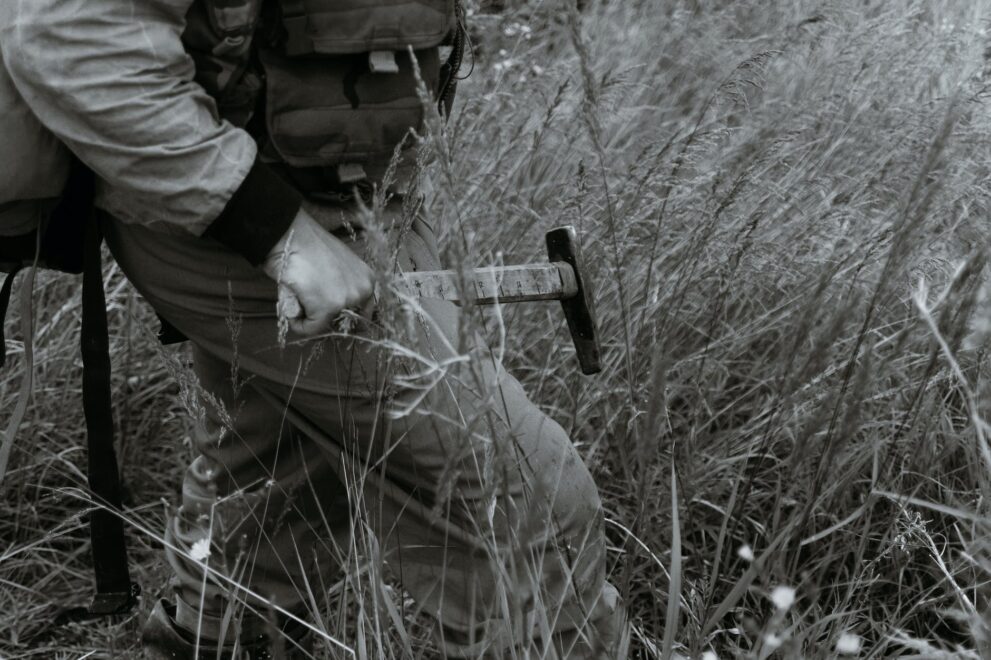You may be aware there are some who hold both Professional Engineer (P. Eng.) and Professional Geoscientist (P. Geo.) designations.
The conventional way of doing this is to hold an engineering degree with overlap with a geoscience and a masters degree or a double major.
But if you have just a geoscience or engineering bachelors degree, you may be able to pick up the other designation through technical examinations.
We will illustrate with a (fictional) story.
George Rockwell is our young, newly registered GIT (Geoscientist in Training). He recently graduated as a (science) geology major at the University of Calgary.
George was not aware of the technical examinations route to P. Eng. when making his course selections through school but he did use his non-science options to pick up some petroleum engineering skills because of the industry in Alberta. George was an average but hard-working student and he managed to complete his degree with a standard course load over four years. A complete list of courses taken by George is found below:
List of Courses – George Rockwell
Now George is out on the rigs examining drilling core samples. A lot of sandstone and sometimes there is shale.
After work, George has found this article on social media and realizes there is a potential path to P. Eng.
George needs a sanity check. How many technical exams would he need to write? He decides to do his own self-assessment of his education against the geological engineering syllabus using the forms provided by EGBC.
George does some digging and finds that APEGA has a list of course equivalents. This list makes his analysis (below) a relative breeze.
Geologist Engineering Syllabus Self-Assessment – George Rockwell
George finds that he will need to take a maximum of eight exams. Had he known about the examinations route in school, he maybe would have been more efficient and got to five or fewer exams. That would have made it possible to just write the relatively easy FE exam to qualify as an EIT (Engineer in Training) in some provinces. Over the following weeks and months and years George studies well to complete his exams, gets good engineering experience, and earns his iron ring.
Your background and experience is not going to be just like George. You may not have a clear list of course equivalents for the self-assessment. But, you can figure it out with a close course by course analysis of your education against the required syllabus. You may have an engineering degree but want to make your own assessment against a geoscience syllabi. You may still be in school and willing to stick around an extra semester or two to pick up the courses you need.
Sign up for a free consult from CyberEd.


